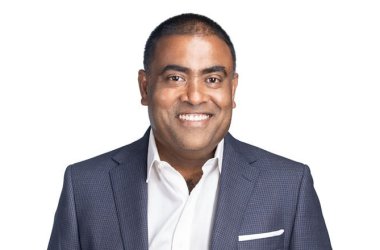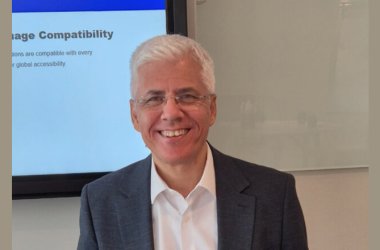Language-learning technology supplier, Rosetta Stone, has announced the opening of its first Middle East office, here in Dubai, in line with the governments’ focus on developing and delivering leading-edge education for its citizens.
Our new Dubai office truly conveys our commitment to the Middles East’s innovative education initiatives,” said Donovan Whyte, Vice President of Sales, Europe, Middle East & Africa, Rosetta Stone.
“The Middle East is a specific focal point for us and our business, not just from my view, but the head office in America and other regions recognise how important this region is for us.”
Whyte claims that Rosetta Stone as a technology service has never been more important for business and education. The company has a number of initiatives running with education and government entities to help up skill children and employees, not only from a linguistic perspective but also from a personal development perspective.
“It doesn’t matter what your cultural background is, the world is becoming a much smaller place and countries are trading far more and technology is driving that, technology is driving the change in the way we do international business, dramatically,” said Whyte.
Whyte also claims that Rosetta Stone’s use of technology and its efforts to remain innovative are helping it maintain its stance as a market leader. With mobile and web applications available, as well as a keen enthusiasm to constantly evolve, Rosetta Stone is enabling customers to learn new skills consistently and on the go, which is pivotal.
Rosetta Stone was exhibiting in Dubai last week at the Gulf Educational Supplies and Solutions event.
“The main thing we’re here to do is to meet people and learn about the region. Having people in the region that know about the legislation and the area is key. We’re here to show our commitment to the Middle East.”
Currently, the Middle East has a higher public expenditure on education than the world average, recording an 18.6% government spend, compared to a worldwide government spend of 14.2%.
“That’s a key point for us,” said Whyte.
“It’s a region that’s willing to invest sufficiently in order to ensure the highest quality of education, and it’s our responsibility to keep in tune with that.”






